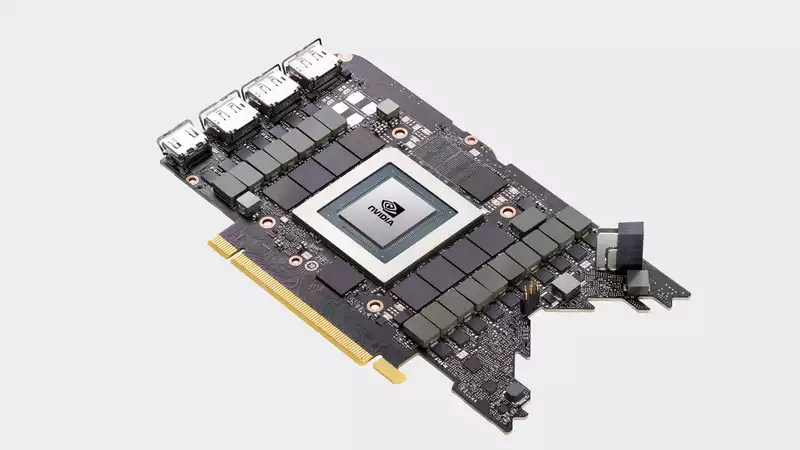Asus stated on a recent investor conference call (via Tom's Hardware) that the reason it did not sell that many graphics cards in the first three months of the year was due to reduced supply from Nvidia. Not only does this mean that the current supply shortage of Nvidia's 30-series GPUs will not improve anytime soon, but the graphics card price increases we are seeing are likely to continue.
Since Nvidia itself only talks about component shortages, it is surprising that Asus says, "Our guess is that this gap may have been caused by lower yields upstream (possibly indicating Nvidia's own production at Samsung). Yield here refers to the number of working GPUs per wafer; if Asus' claim is true, it suggests that Nvidia's use of Samsung's 8N manufacturing for the Ampere GPUs is problematic.
This has been suggested by other sources before, but there is still no evidence to support this speculation. Also, since chip yields are always strictly guarded by the company, we are unlikely to hear anything about it unless it materially affects Nvidia's bottom line and they have to confess to their investors.
Asus also suggested that Nvidia ordered fewer wafers in the first quarter of this year. This would normally be the norm, as demand for graphics cards tends to drop off after the holiday period. Such orders are planned for the quarter ahead, and Nvidia must not have been aware of the popularity of Ampere or the impact of Covid-19 on demand.
The issue of cryptocurrency mining has also put additional pressure on the cards being manufactured, but Asus does not know how many of its cards will be used for mining Nvidia is trying to stop miners from buying its cards and and with the release of the RTX 3060, introduced measures to prevent the cards from mining Ethereum, but this effort was somewhat undermined when the developer drivers were leaked.
There are reports that Nvidia has already approached TSMC about producing additional Ampere chips, but given the demand for TSMC's own production capacity, that may not bear fruit anytime soon. Intel's decision to enter the contract foundry business appears to be a wise move so far.


Comments